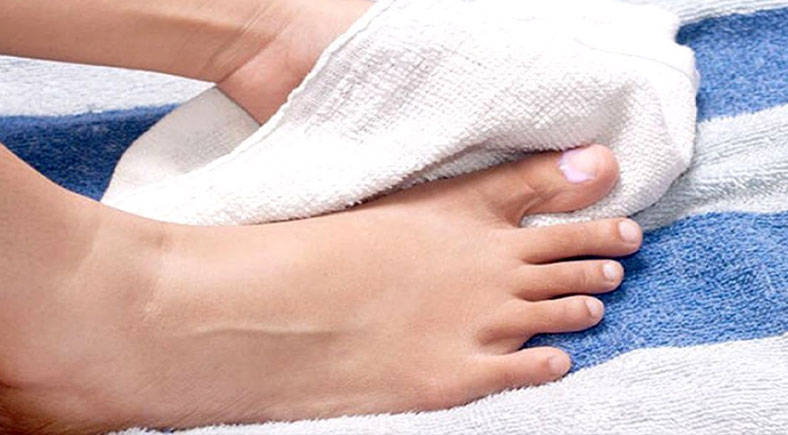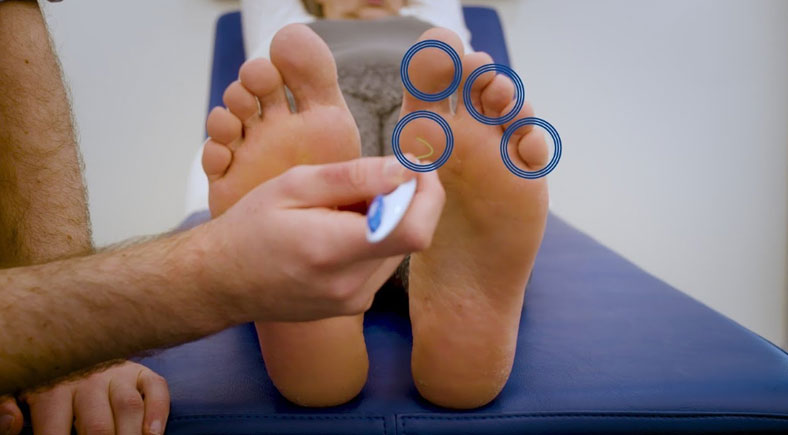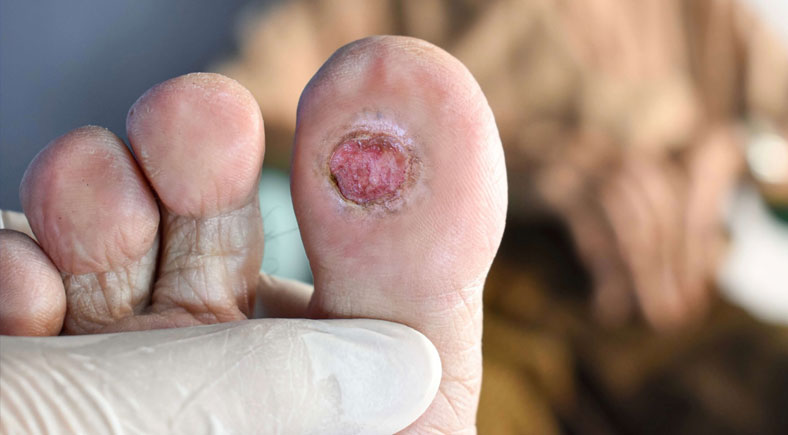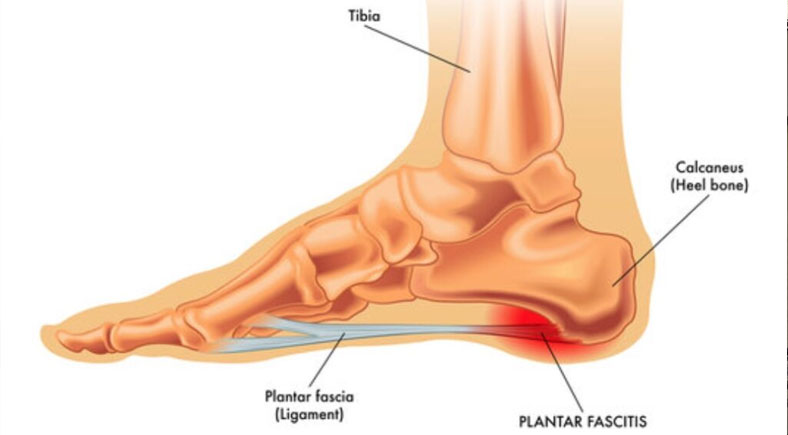The Impact of Foot Wounds on Overall Health and Quality of Life
Introduction
The impact of foot wounds on health can be significant. If left untreated, they can lead to severe health consequences affecting both physical and emotional well-being. Learn more about specialized Wound Care Services to prevent complications and promote healing. From infections to reduced mobility, these wounds not only compromise foot health but also diminish the overall quality of life. Understanding the broader impact of foot wounds is crucial in taking action to prevent long-term complications.

Physical Health Impacts
Foot wounds are not just localized injuries; they can have serious implications for overall health. If left untreated, they can lead to infections, complications like gangrene, and even amputation. Poor circulation or underlying conditions, such as diabetes, can worsen the situation, making it harder for wounds to heal. Additionally, untreated foot wounds can cause chronic pain, impair mobility, and significantly reduce a person’s ability to perform daily activities.
1. Infection Risk
Untreated wounds can become infected, potentially spreading to bones (osteomyelitis) or the bloodstream (sepsis). Proper Diabetic Ulcer Treatment and wound care are essential to prevent these complications and ensure faster healing. Addressing wounds promptly not only alleviates physical pain but also reduces stress and anxiety associated with the condition.
2. Amputation Risk from Foot Ulcers
Chronic wounds, particularly in individuals with diabetes or poor circulation, can lead to tissue death, making amputation the only viable solution in severe cases. Explore Pressure Ulcer Management for expert guidance in preventing and treating foot ulcers. Early treatment not only promotes faster healing but also helps patients maintain their independence and rebuild their confidence.
3. Systemic Complications
Foot wounds may exacerbate underlying conditions like diabetes or peripheral artery disease, further compromising overall health. By seeking timely medical care and adopting a proactive approach to wound management, individuals can protect their physical and emotional well-being.
Emotional and Psychological Effects
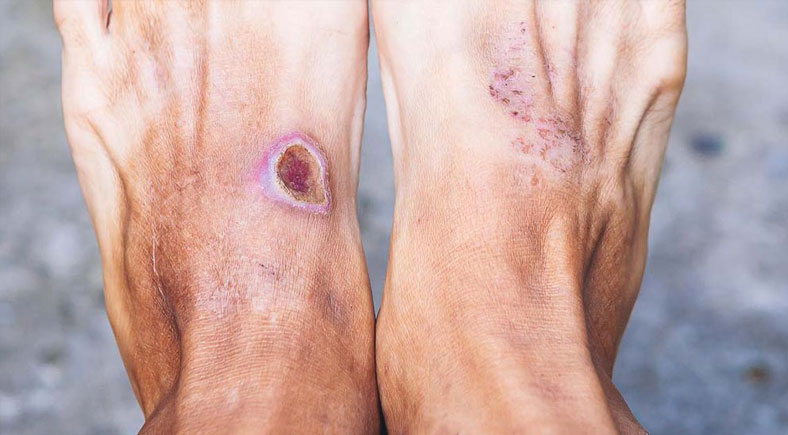
The emotional and psychological toll of chronic wounds is often overlooked, yet it can be profound and deeply affect an individual’s overall well-being. The emotional impact of chronic wounds can be profound, as individuals often face:
1. Anxiety and Depression
The prolonged healing process and fear of complications can lead to mental health challenges. Many individuals experience heightened anxiety about their condition or develop depression due to feelings of hopelessness and frustration with their recovery journey.
2. Social Isolation
Limited mobility or the need for frequent medical care may cause individuals to withdraw from social activities, affecting relationships and emotional well-being. This limited mobility often prevents individuals from participating in social activities, leading to withdrawal from friends and family.
3. Loss of Independence
Chronic foot wounds can severely impact daily activities, making it difficult to walk, stand, or perform basic tasks. This limitation often leads to feelings of helplessness and frustration. For many individuals, the loss of independence can be especially disheartening, affecting self-esteem and diminishing overall quality of life. The inability to care for oneself or participate in social and physical activities can lead to emotional distress and a reduced sense of well-being.
How Early Treatment Can Improve Quality of Life
Proactive and prompt medical care for chronic foot wounds can dramatically improve outcomes. Seeking prompt medical attention for foot wounds can significantly improve outcomes and reduce complications. Discover effective Advanced Wound Healing Techniques to enhance the healing process and prevent further health risks.
1. Preventing Infection and Amputation
Timely treatment minimizes the risk of infection and helps preserve foot health. By preserving foot health, individuals can maintain their mobility and reduce the fear of life-altering complications.
2. Maintaining Mobility
Early intervention ensures faster recovery, enabling patients to return to their daily activities. Whether it’s returning to work, enjoying hobbies, or spending time with loved ones, early treatment can help to improve their overall quality of life.
3. Improved Mental Health
Treating wounds early alleviates stress, reducing the emotional toll of chronic wounds. The emotional burden of chronic wounds diminishes significantly with early intervention. With proper care, individuals feel more in control of their health, which fosters a positive mindset and better emotional resilience.
Conclusion
The consequences of untreated foot ulcers go beyond physical health, impacting emotional well-being and overall quality of life. Chronic pain, limited mobility, and the loss of independence can significantly affect mental health and self-esteem. By prioritizing foot health and seeking timely treatment, you can prevent these complications and protect your future, ensuring better overall health and a higher quality of life.



